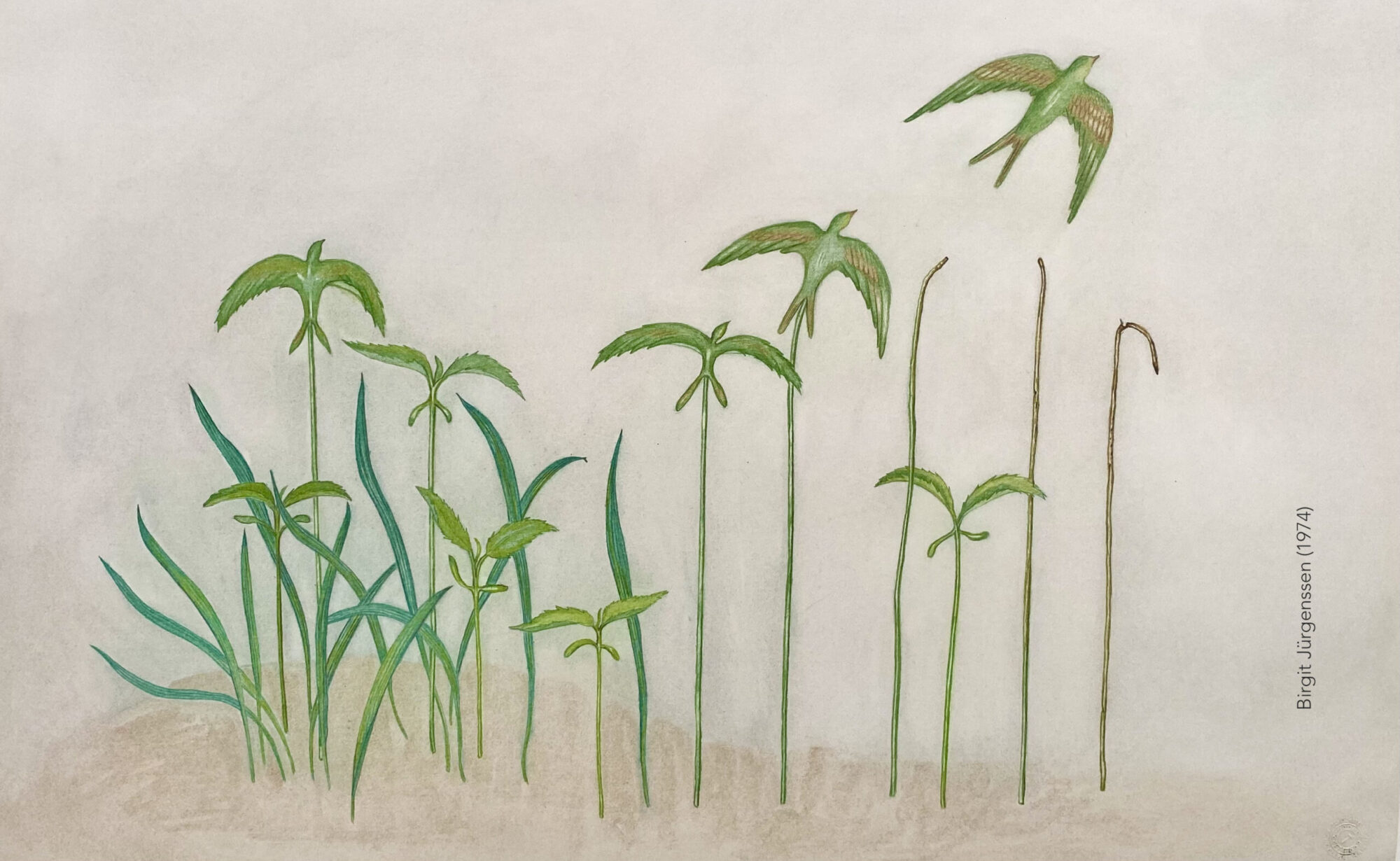Interdisciplinarity and Antidisciplinarity is the core seminar of the Interdisciplinary Doctoral Program in the Humanities (IHUM). Open to all graduate students, it draws upon the program’s affiliated faculty to survey the landscape of the disciplines: how study, thought, and experience are organized in the institutions where we work, as students and teachers. Each week, a different guest from a different department or program sets readings and joins the seminar for discussion. Members pursue a parallel course of readings in the problem of disciplinarity and the definition and defense of the humanities as an intellectual and a life project.
Our questions are the big ones: What sort of knowledge do the humanities produce; is “knowledge” the right word, and what might we mean by it? What difference can the humanities make in the world? Who gets to participate; who has, historically; who should, and how? What kind of a life do the humanities ask of us, as individuals, as collectives? We will think both with the inter– and the anti– of the course’s title, and not shy from the limits and obstructions that disciplinary inquiry can pose to the life of the mind. Among the disciplinary borderlands of greatest interest to us will be the arts, and expanded possibilities there for sharing work across media and occasions. The final project for the seminar will be a work of collaborative scholarship and imagination to be determined by the participants.
Faculty participants will include Jeff Dolven (English, and founding director of IHUM), Elizabeth Davis (Anthropology, and acting director of IHUM), and others, drawn from the IHUM Executive Committee (and elsewhere). The seminar is convened by D. Graham Burnett (History and History of Science). HUM 583 is required for all degree candidates in IHUM, though it may be taken before or after application to the program in the third year of graduate study.
